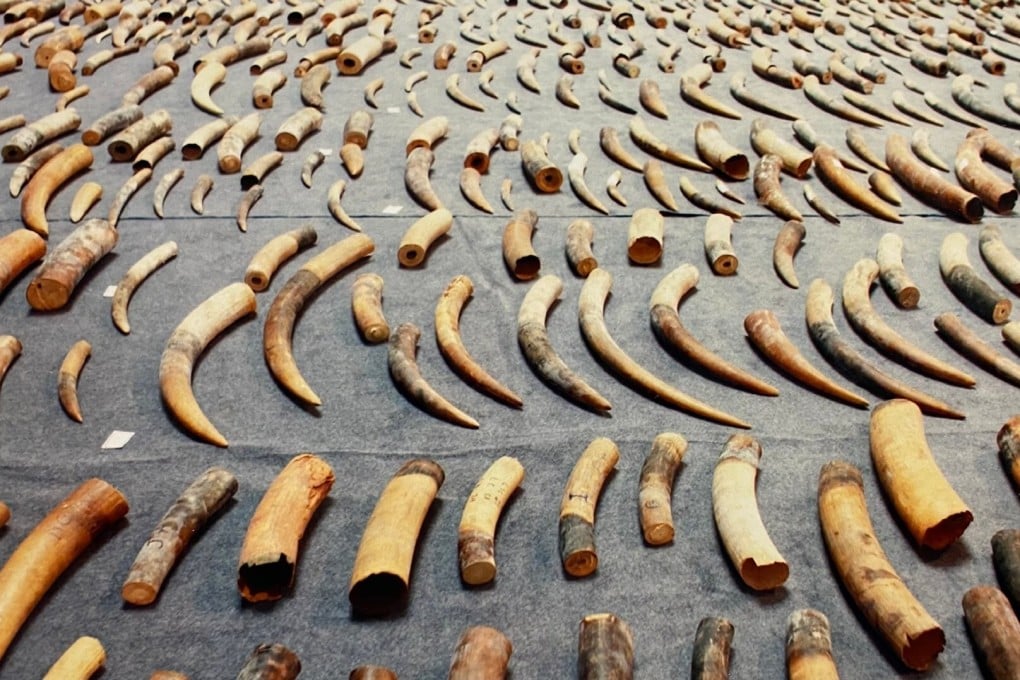China’s ivory ban at risk from legal online trade in woolly mammoth tusks, secret probe finds
- Most online ads for wildlife products did not fall under ‘protected’ status in China, Hague-based non-profit finds in four-month study
- High volume of woolly mammoth ivory ads sparks fears these could drive up demand for elephant ivory or act as a cover for trade in the banned product

A four-month investigation by the Hague-based Wildlife Justice Commission (WJC) non-profit, published on Wednesday, sought to gauge the level of illegal wildlife trade taking place on major e-commerce platforms in China.
A sweeping evaluation over the course of 300 online hours between August and December 2020 turned up more than 4,000 advertisements selling wildlife or their products, including from woolly mammoths, camels, narwhals, peacocks and rhinoceros.
Most of the ads – at least 85 per cent – were for wildlife or their products that did not fall under “protected” status in China, meaning they could be legally traded, according to the WJC.
Products from around 14 species protected by law in China were listed for sale, making up around 15 per cent of advertisements, although the group did not verify whether they could be purchased.
The WJC, which works with undercover agents and local law enforcement around the world to expose and dismantle wild animal trafficking, viewed this as a “low level” of advertisements for illegal goods.